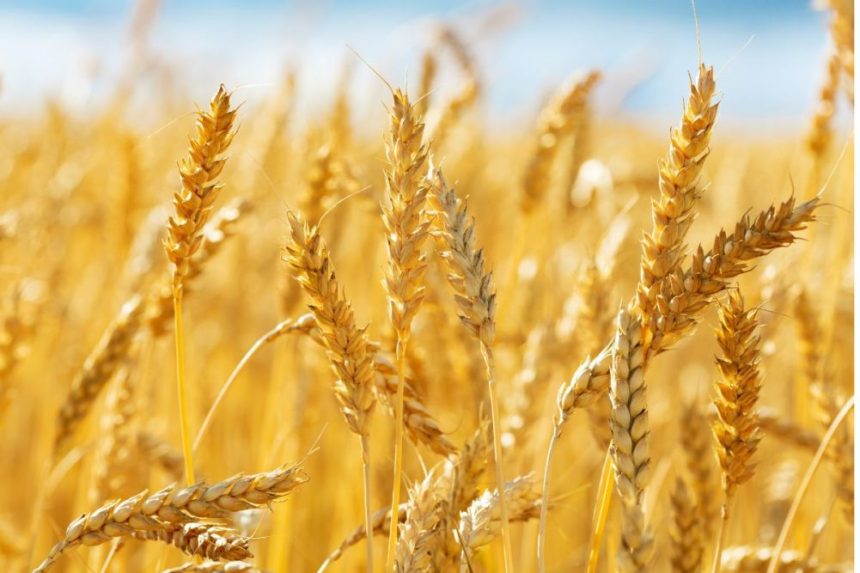In response to severe hunger and high food costs, the Federal Government has announced plans to import 250,000 metric tons of maize and 250 metric tons of wheat to meet the demand of small-scale processors and millers nationwide.
Minister of Agriculture and Food Security, Senator Abubakar Kyari, announced this on Monday, stating that the initiative aims to alleviate food inflation caused by affordability and availability issues.
“Over the past several months, we have witnessed escalating food prices across the country. Almost every food item has become unaffordable for many Nigerians. The National Bureau of Statistics reported food inflation at 40.66%. We have heard Nigerians’ concerns about high food prices, with basic items like tomatoes, yams, plantains, and potatoes becoming excessively expensive,” said Kyari.
The Minister noted that in March 2024, President Bola Tinubu formed the Presidential Economic Coordination Council (PECC) and the Economic Management Team (EMT), which presented an Accelerated Stabilization and Advancement Plan. This plan includes a 150-Day Duty-Free Import Window for food commodities, suspending duties, tariffs, and taxes on certain imports, including maize, husked brown rice, wheat, and cowpeas. These imported items will be subject to a Recommended Retail Price (RRP).
“In addition to private sector imports, the Federal Government will import 250,000MT of wheat and 250,000MT of maize. These semi-processed imports will supply small-scale processors and millers nationwide. We will also engage stakeholders to set a Guaranteed Minimum Price (GMP) and manage surplus food stocks for the National Strategic Food Reserve, while ramping up production for the 2024/2025 farming cycle,” Kyari explained.
Kyari emphasized continued support for smallholder farmers during the wet season through existing government initiatives and plans to accelerate dry season farming. The government will also focus on aggressive agricultural mechanization, collaborating with sub-national entities to identify irrigable lands, and working with the Federal Ministry of Water Resources and Sanitation to maintain irrigation facilities.
Furthermore, the government will develop strategies for youth and women to engage in greenhouse cultivation of horticultural crops like tomatoes and peppers. This will help increase production, stabilize prices, and address food shortages. Additionally, ongoing engagements with the Nigerian Military aim to cultivate arable lands under the Defence Farms Scheme, encouraging other paramilitary organizations to utilize available arable lands.
“As we face a critical food security challenge, I reiterate President Tinubu’s commitment to ensuring no Nigerian goes to bed hungry. My team and I will diligently implement these policies to ensure immediate food security and continue our long-term strategies for sustainable and resilient food systems in the country,” Kyari concluded.




